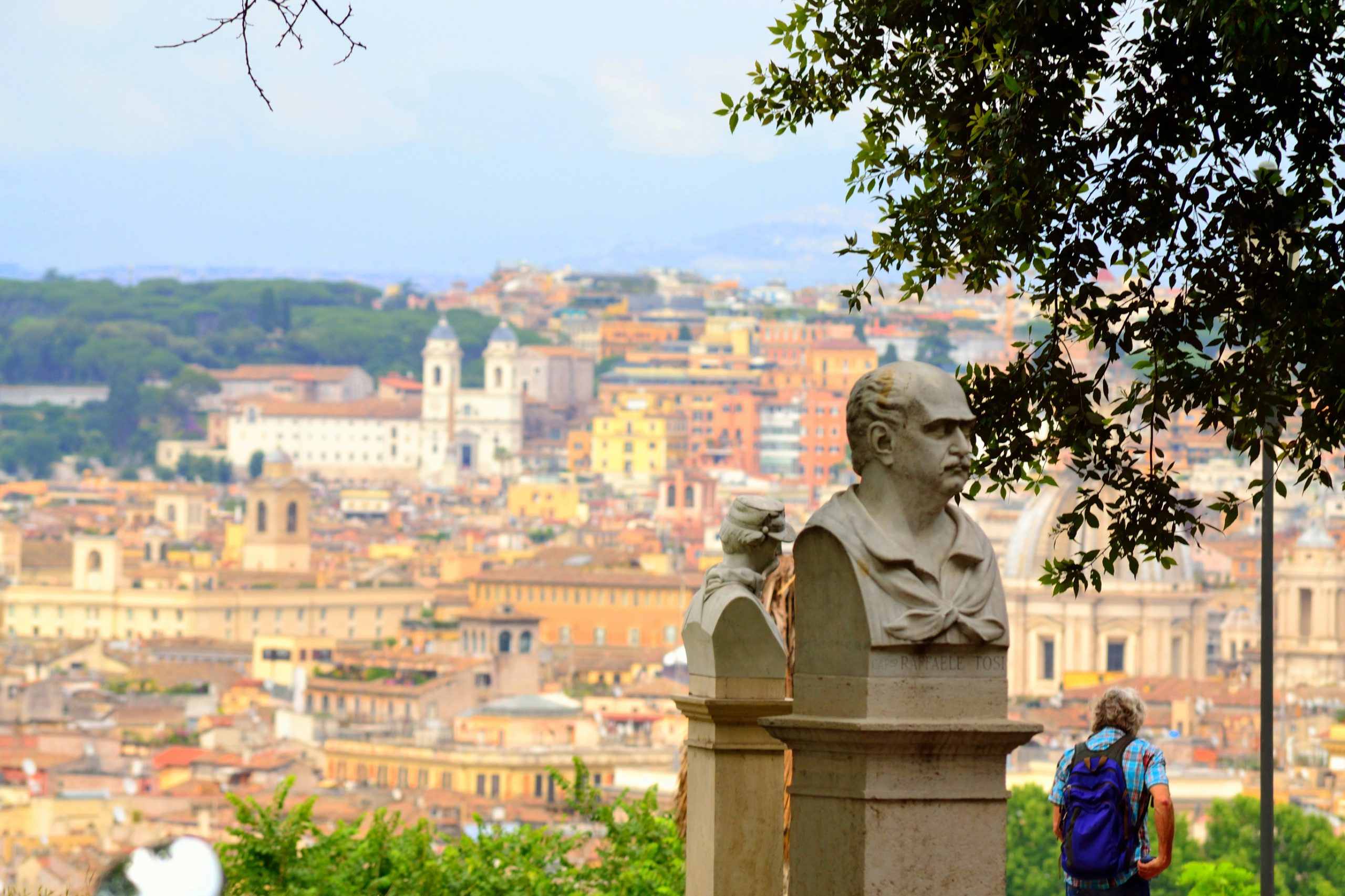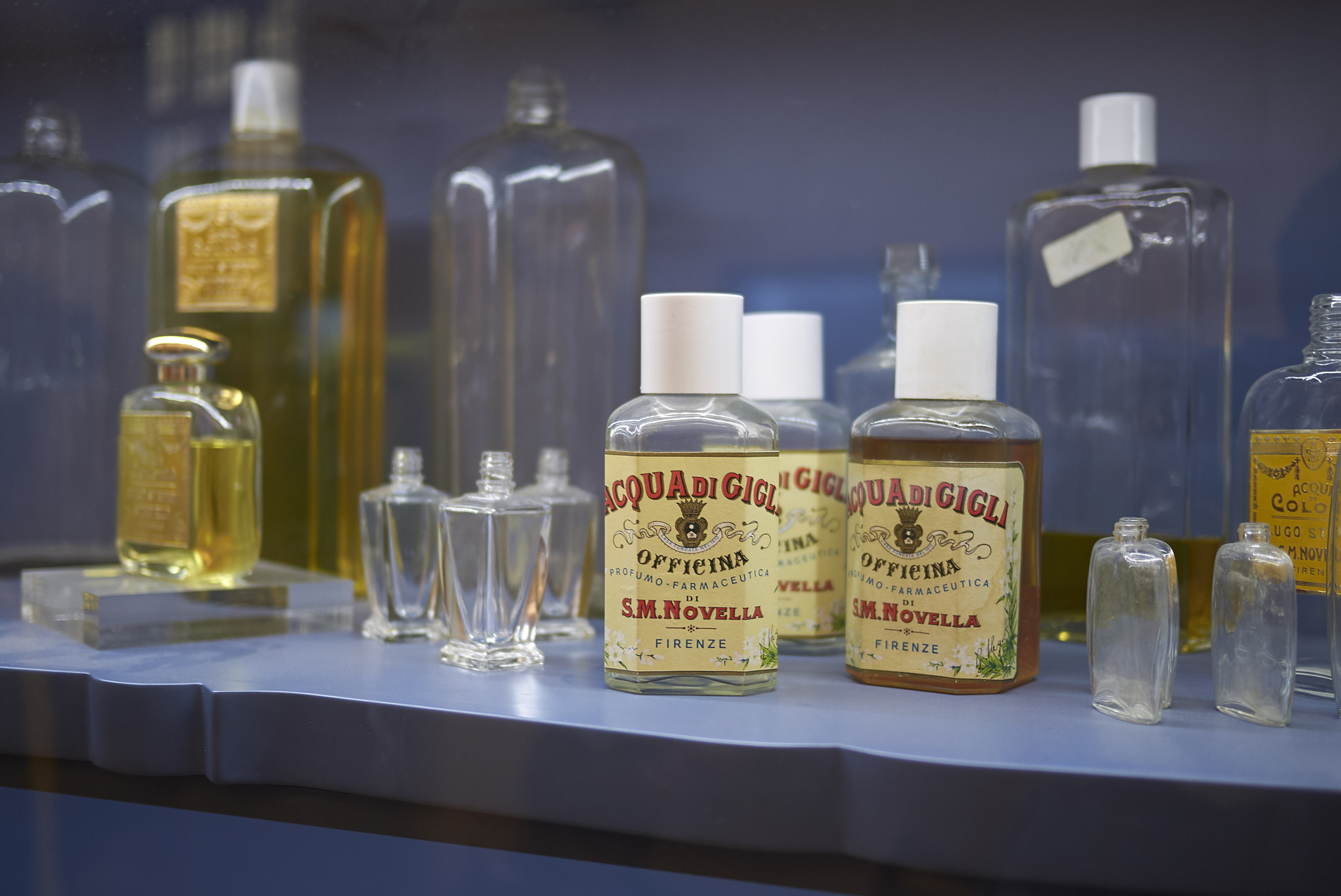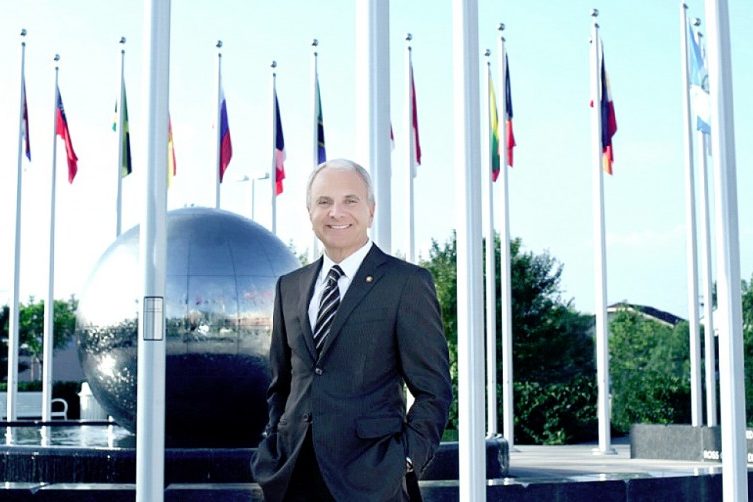Five years after his last visit to Italy, on the occasion of the G8 held in L’Aquila in June 2009, U.S. President Barack Obama was in Rome on March 26-27, following the summit on nuclear security in the Netherlands and a meeting with EU leaders in Brussels, where topical issues like the Ukrainian crisis were addressed.
In the past decades, many of his predecessors enjoyed Italian hospitality as well, starting from Woodrow Wilson in 1919 to Franklin Delano Roosevelt during World War II, but also Richard Nixon and Gerald Ford in the ‘70s, and more recently Jimmy Carter, Ronald Reagan, Bill Clinton, and both George Sr. and George W. Bush.
The Italian capital was heavily guarded, several streets were closed, and general traffic – which can be extremely chaotic in Rome during rush hours – was deviated for security reasons. Even the area in front of the Coliseum – usually packed with tourists, kids on a school trip, and stallholders – was completely vacated for Mr. Obama’s private guided tour with Barbara Nazzaro, Architect and Technical Director of the monument. The U.S. leader was fascinated by the history and size of the ancient amphitheater, and his remark “This is bigger than some current baseball stadiums” was immediately reported by major mass media worldwide.
Aside from this brief diversion, the President’s schedule was as tight as always.
On his arrival Wednesday night, he was welcomed at Fiumicino airport by the U.S. Ambassador to Italy John Phillips – who hosted him in his private residence at Villa Taverna – and his counterpart to the Holy See Kenneth F. Hackett.
The next day, Mr. Obama met Pope Francis for the first time during a private audience at St. Peter’s. Despite disagreements that remain between them on issues like abortion and contraception, the two leaders shared concerns on immigration, conflicts around the world, and inequality worsened by the global economy. The President said he was a great admirer of the Pontiff, whose “simplicity and belief in the power of the spiritual over the material reflects itself in everything that he says and does”. He also invited him to visit the White House and offered a gift of fruit and vegetable seeds from his garden.
Leaving the Vatican, Barack Obama headed to the Quirinal Palace, where he was expected for lunch by Italian President Giorgio Napolitano, elected for a second term a year ago. After a 20-minute closed meeting, they were joined by both delegations, including U.S. Secretary of State John Kerry and Italian Minister of Foreign Affairs Federica Mogherini. The U.S. President referred to his counterpart as “a good friend” and a great statesman who is helping the country in such hard times. He also thanked Giorgio Napolitano and Matteo Renzi, Italy’s new Prime Minister, for the Italian commitment within NATO.
And yet, the controversial topic of global defense was a crucial part of the talks with Matteo Renzi on Thursday afternoon at Villa Madama, followed by a joint press conference.
Barack Obama praised the Prime Minister’s energy, youth, and clear vision “to take Italy forward” with an ambitious plan of fiscal, labor, and political reforms. He admitted to his worries for the Eurozone in recent years and underlined the importance of working for growth in productivity, and also announced U.S. participation with a pavilion in Milan Expo 2015.
“Italy and the United States share extraordinary bonds of history, family and culture. We’re especially grateful and proud of the Italian-Americans who have made enormous contributions to our country. Italy is one of our closest allies. Our partnership is one of the strongest links binding Europe and the United States together”, he said.
But the President also warned Renzi against cutting too much from defense budgets. In fact, the gap between U.S. and EU expenditure in this field has increased, and currently is 3 percent against only 1 percent of GDP. Furthermore, Italy’s Prime Minister has recently mentioned the possibility to cut military spending on the purchase of F-35 fighter jets in 2015. In this regard, Mr. Obama remarked that “There is a certain commitment countries must have” within NATO in order to guarantee peace and security at a global level, and all allies must do their part despite governments’ money-saving efforts.
Of course, the delicate situation with Russia was also debated, as the U.S. “will continue to coordinate closely with Italy and our other European partners throughout this crisis”. This is a particularly thorny issue, which involves extensive trade and energy relations between Moscow and Italy, including the development by the companies Gazprom and ENI of the “South Stream” gas pipeline under the Black Sea.
President Obama’s last meeting was with Rome’s Mayor Ignazio Marino, who met him at the airport on Friday, March 28, before his departure on Air Force One towards Riad, the last stop of his overseas tour.
Italy’s Ambassador to the U.S. Claudio Bisogniero was also there to bid farewell.
Talking to the Mayor, Barack Obama expressed his gratitude for the hospitality and his appreciation for the Coliseum tour. On his part, Ignazio Marino invited him to return to Rome on June 4, 2014, to attend the celebrations marking the 70th anniversary of the capital’s liberation from Nazi occupation. On that occasion, the ancient Roman Forum will be lit up, featuring a technological reconstruction of the Roman way of life 2000 years ago, and many interesting cultural initiatives will take place all over the city.





























